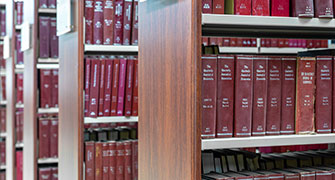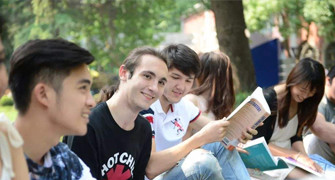Speaker:Prof Chew Soo Hong, Department of Economics, National University of Singapore
Time:14:00, Friday, Feb.24
Site:B127
Abstract:
The adverse impact of haze on both short term and longer term health and related economic outcomes has received increasing attention in the media. This paper is a first attempt at investigating the causal effect of haze directly on decision making in a natural laboratory experiment in Beijing over five days in October 2012 with highly varying levels of Particulate Matters 2.5, before this measure became commonly used in China the next year. An increase in the level of haze increases the degree of risk aversion elicited from a portfolio choice task and the degree of ambiguity aversion when facing gain oriented uncertainty as well as the degree of risk seeking behavior for even-chance risk over losses. This in turn implies a greater tendency towards the disposition effect in investor behavior. Additionally, in temporal decision making, subjects are more impatient when discounting over a remote comparison, but not for tradeoffs over the near term. Moreover, subjects exhibit a diminished winning motive in the second-price auction, greater departure from optimal behavior in the p-Beauty game, more selfishness in the dictator game, greater inequity aversion in the ultimatum game, and less cooperativeness in the prisoner dilemma game. Overall, our results point to a haze-brain-decision pathway as foundation for several recent findings linking haze to short term economic outcomes including productivity, crime, and stock market.
CV Link:www.fas.nus.edu.sg/ecs/people/profile/ecscsh.html
 Faculty and Staff
Faculty and Staff Academics
Academics International Exchange
International Exchange







